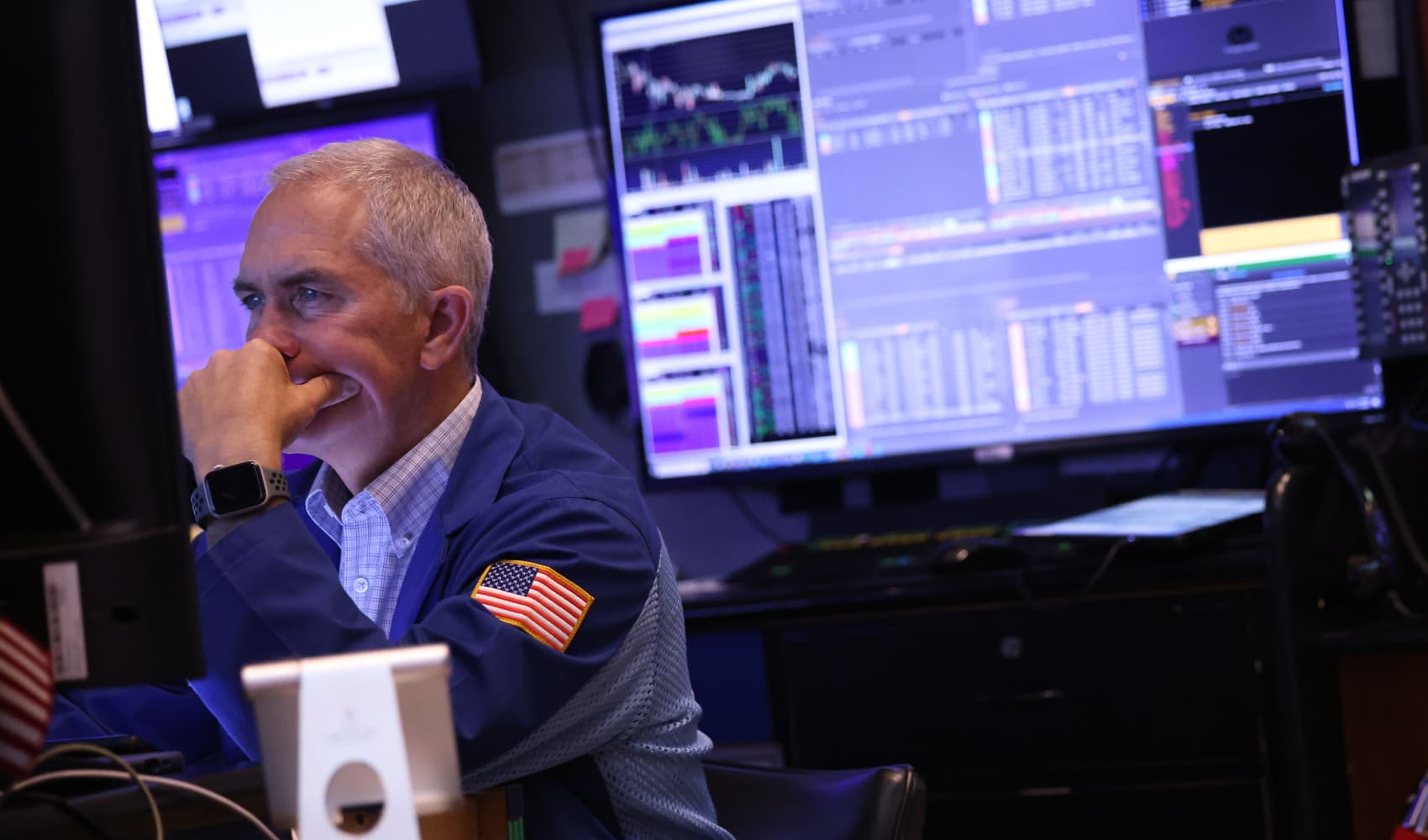
There shouldn't be any confusion when it comes to who is picking up the bill for Valentine's Day dinner this year. Kevin O'Leary says dates can avoid an awkward moment when the check comes by following one simple rule.
"If you're the person asking, you pay the bill," says O'Leary, judge on CNBC's "Money Court." "That's how it works when you go out there and you extend the invitation."
American couples are expected to spend between $175 and $210 celebrating the holiday, CNBC Make It reported last week. And the number of couples planning an "evening out" is near pre-pandemic levels, according to the National Retail Federation.
When it comes to who should pay for the evening, O'Leary says it should always be the person who asked the other one on a date.
Get New England news, weather forecasts and entertainment stories to your inbox. Sign up for NECN newsletters.
"The imputed rules of dating are that you're going to pay, particularly if it's a first date where you want to show some kind of interest," he says.
Dining out isn't the only expense couples may run into. Other Valentine's Day related goods have increased in price this year thanks to inflation, with roses costing 22% more than at the same point last year, CNBC reports. Assorted chocolates are 9% more expensive.
It's not the first time O'Leary has shared dating advice. He previously told CNBC Make It that by the time a new couple is on their third date they should be prepared to "discuss your financial objectives for the rest of your life."
Money Report
That's because he says the No. 1 reason couples separate is because of stress caused by factors like differing viewpoints on handling finances.
"The third date is the time to really have that conversation because if you don't have that conversation, you may find out something really bad down the road about that individual that you should have asked about," he says.
Sign up now: Get smarter about your money and career with our weekly newsletter
Don't miss: Here's how much Super Bowl prize money has increased since the first one in 1967






